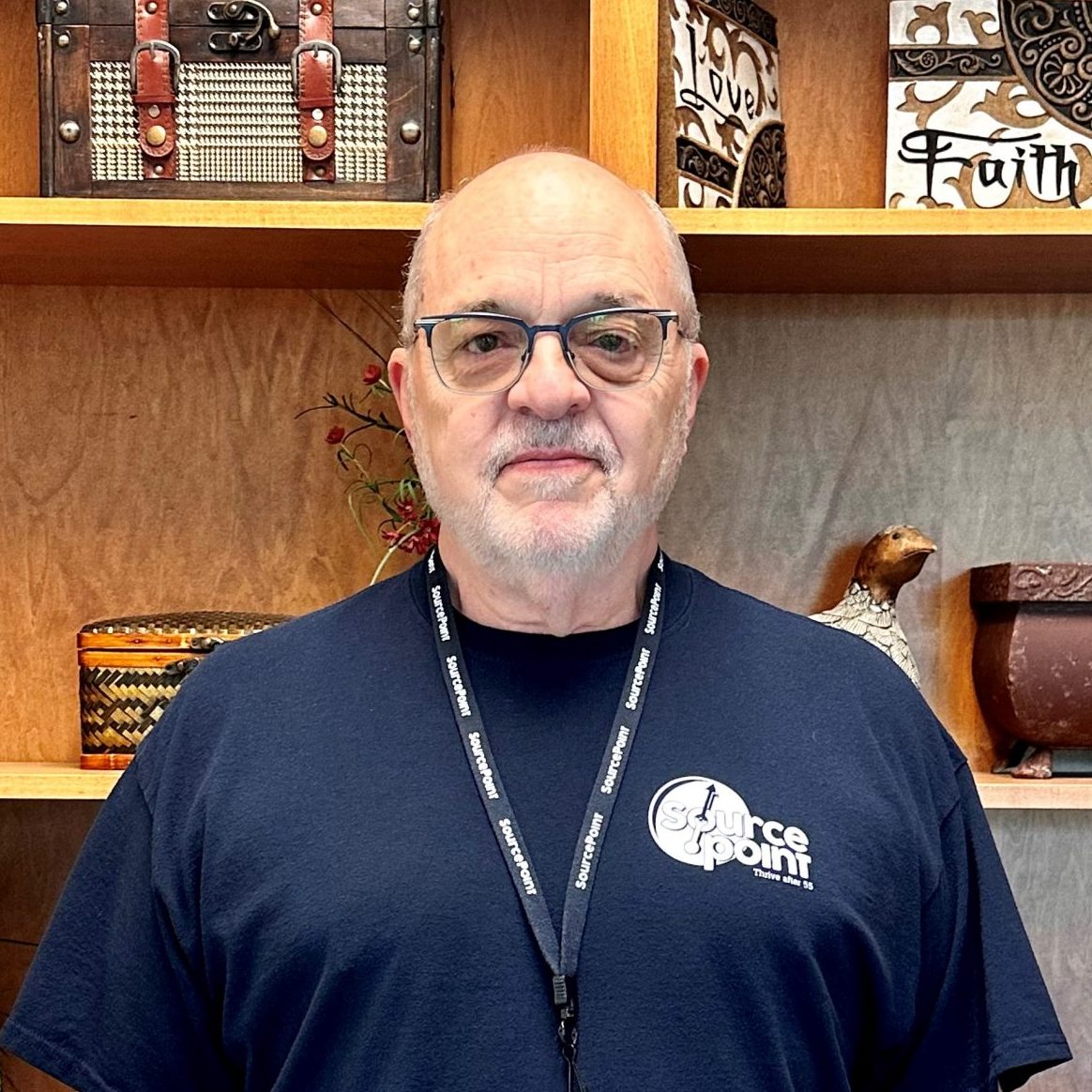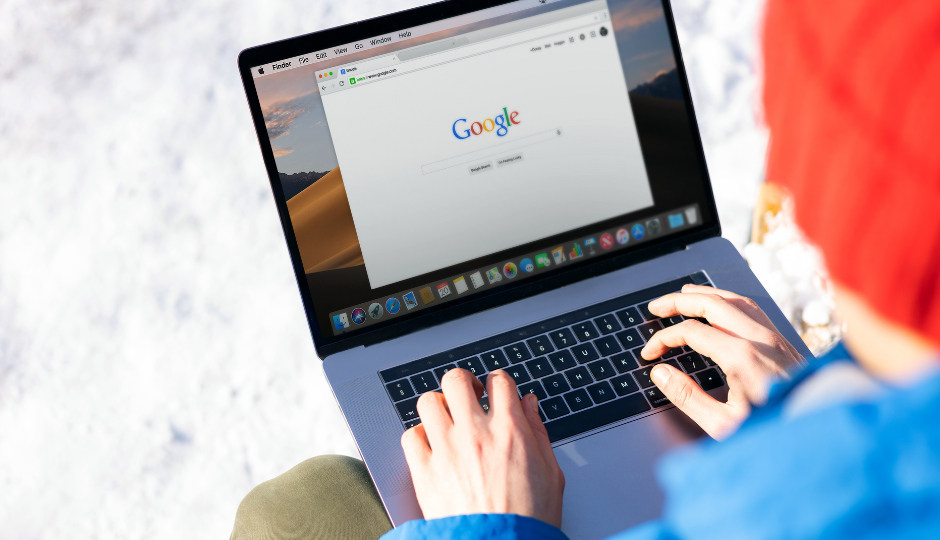The Evolution of Search Results Driven by AI
By Jarren Ringle
“Google it” became a common phrase years ago. It meant to look up something on the internet. And Google was the industry-leading search engine, so the phrase made sense. Now Google is a lot more than a search engine and there are many tools we can use to find information on the Web.
A search engine is a website that allows you to ask a question using keywords or phrases. The top search engines are Google (60% of all search queries), Microsoft Bing, Yahoo, Yandex (Russian), DuckDuckGo, Baidu (China’s largest search engine), Ask.com, Brave (A.I. powered), etc.
Examples of search query reports are:
- “How many ounces in a gallon”? Google answered “128 US fluid ounces”
- “What is the longest river in the world”? Google gave me over thirty pages of websites with a short answer.
Search engine results are listed based on how the specific engine indexes the results. We’ll use Google as an example. Google search results are listed based on many factors. Sometimes “sponsored” items are listed first. If the search topic is “news” focused the most recent events may be first. Sometimes how popular the topic is will determine the list order. Before basing decisions on search order, make sure you understand how the order was determined.
Where things get blurry is when we add Artificial Intelligence (AI) into the mix. There are many AI tools. Some are specialized and some are “LLM-Large Language Models (natural language processing)”. A specialized AI site might generate images like “DALL·E 2”. An LLM tool can be a chatbot like ChatGPT that steers conversations (text) based on a query.
When we use the same queries we used with Google in ChatGPT we get:
- “How many ounces in a gallon” ChatGPT answered, “There are 128 ounces in a gallon”. Notice any difference? Subtle but different. ChatGPT is more conversational and Google is more precise in this example. Both yielded the the same answer.
- “What is the longest river in the world” and ChatGPT stepped into the conversation. Here’s what it said… “The Nile River is traditionally considered the longest river in the world, stretching about 4,135 miles (6,650 kilometers) from its source in East Africa to the Mediterranean Sea.
However, some studies suggest that the Amazon River may be longer when including its longest headwater streams, potentially reaching about 4,345 miles (7,062 kilometers). This makes the title of the “longest river” a matter of debate.”
For general use, we are seeing a blend of search and LLM emerging. Microsoft Edge Browser and Bing are an example of that blend. The Google Chrome Browser is starting to blend the two. So as you can see search engines and LLMs overlap in some instances but vary greatly in others.
Let’s ask ChatGPT to summarize for us… “In summary, a search engine helps you find sources of information, while an LLM understands and generates language to answer or assist you directly.”
I think this summary has an LLM bias, don’t you? It’s going to be interesting.

Jarren Ringle is a member of SourcePoint and a volunteer instructor. SourcePointers come to Jarren for tutelage on their tablets, laptops, and the most popular of all devices – cell phones. He teaches various technology classes throughout the year including one-on-one sessions and group classes. Jarren also volunteers at the Delaware County Office of Homeland Security and Emergency Management. With many years of project management experience in various technology fields, he enjoys helping others with technology.
Technology 1:1 Assistance: Jarren Ringle provides guidance on technology in a 45-minute time slot. Do you have questions regarding a cell phone, PC, laptop or tablet? Share what the device is and what your question is upon registration so that Jarren can be better prepared to help. >> Schedule your 1:1

